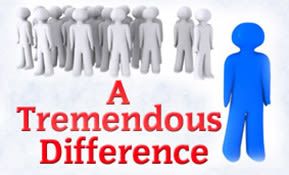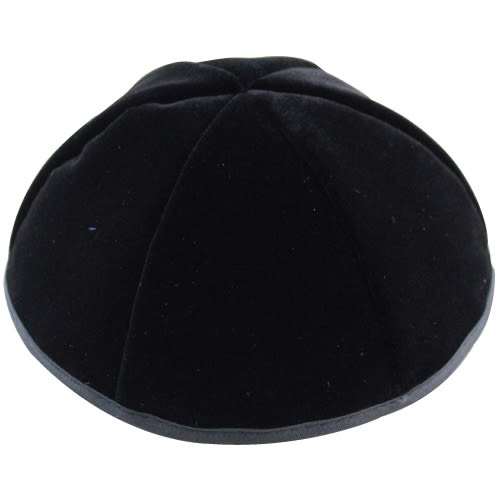
By the Sweat of Your Brow
If the purpose of the soul's descent to the material world is to get to know HaShem, then why is it such a difficult task?

No one likes to feel like a beggar. We receive gratification by knowing that we earned what we have. For that reason, the soul actually desires to descend to the "war zone" of the material world in order to prove itself and to rightfully earn a lofty place in the proximity of HaShem where it can bask in Divine Light. As long as the untried and unproven soul derives unearned pleasure in the spiritual world, it is sorely embarrassed in front of those souls who have rightfully earned their places. Since HaShem wants the soul to have complete pleasure, He gives the soul the opportunity to achieve the status it desires.
Concealment
A serious problem arises that raises a question: When the soul descends to this world, it falls into an abyss of spiritual darkness, where Divine Light is hidden within layer after layer of concealment. A thinking person asks, "How can the soul possibly find HaShem and get close to Him in an environment where everything seems to hide or deny HaShem’s very existence?" We see with our own eyes that few people – even so-called "religious" people – succeed in cutting through the layers of darkness and concealment to reveal HaShem’s splendid illumination.
Let’s look for an answer by examining the various layers of concealment, as follows:
First Concealment: The laws of nature appear absolute, and therefore conceal HaShem’s individual Divine Providence over each creation. We would think that if HaShem wanted to make His Presence apparent through the material world, He’d perform many more miracles so that everyone would make no mistake about His existence and reign.
Second Concealment: Human beings obstruct HaShem’s illumination and emuna; since they have free choice, they are able to do what they want when they want. When they lie or steal, a bolt of lightning doesn’t appear from the sky to kill them. When they help a blind or crippled person cross the street, an angel doesn’t dive down to earth in order to put a $10,000 check in their pocket. On the surface of things, HaShem doesn’t react to their good or evil, so where’s HaShem? Even worse, since most people have no idea what emuna is, their speech and outlook reflects doubt and agnosticism. Why doesn’t HaShem make it easier to believe in Him?
Third Concealment: The physical body that hosts the soul is the coarsest form of material matter, with needs, drives, and lusts that pull in the exact opposite direction of spirituality and Godliness. The body strongly gravitates toward physical amenities and further conceals HaShem’s Divine Light from the soul. Why must the body be so crass? Couldn’t HaShem have created a more spiritually-refined and receptive body, so that it would be easier to recognize HaShem?
Fourth Concealment: Life in this world conceals the presence of HaShem in many ways. The Hebrew word for world, olam, is a derivative from the world he’elem, or concealment. The trials and tribulations of daily life – financial difficulties, sickness, crime, international strife, emotional pressures, and many more – all conceal HaShem’s loving kindness. Terror, fatal accidents, crippled children, and other apparent injustices and human suffering render emuna nearly impossible. Where is HaShem?
Couldn’t HaShem have made life easier on us, without holocausts, tsunamis, and terrorist bombing?
Fifth Concealment: The Torah and mitzvot are themselves the most difficult concealments of HaShem’s Light, for on the surface of things, many commandments hamper a person from living in this world. For example, even if we sorely need the money, we’re not allowed to work on Shabbat. We’re required to fast on certain days, even when the weather’s hot and dry. During the early morning hours – the best and most productive work time – we have to put on tallit and tefillin and pray. Even though we have urgent business to attend to, we’re required to devote time to learning Torah.
It seems that the Torah and the mitzvot are totally incongruous with life in this world. From a mundane standpoint, they simply hamper and limit a person, making a hard life even more difficult. Why didn’t HaShem adapt the Torah more to life in this world?
From the standpoint of emuna, the Torah and mitzvot facilitate a person’s success and happiness in the world. Yet, most people are incapable of looking at the world from the standpoint of emuna. Why does HaShem give them room for confusion and error?
The biggest concealment lies in the lack of clarity as to what exactly constitutes HaShem’s Will and a Torah lifestyle. Many disagree as to what HaShem wants from us. From those who choose a Torah lifestyle, few succeed in truly getting close to HaShem.
Do you feel like screaming? Doesn’t all this sound unfair? Everything seems to work against us in our search for HaShem and for emuna. Doors of difficulties shut in our faces and the entire world seems to be pitched against us to prevent us from feeling HaShem’s Presence in our lives. We’re bombarded with agnostic and atheistic stimuli from morning until night. When we turn to HaShem’s Torah for consolation, even it seems to push us away. Why does the Torah have to be so unclear, and open to such a wide range of argument and interpretation? What’s a person supposed to do?
If the purpose of the soul’s descent to the material world is to get to know HaShem, then why is it such a difficult task? Couldn’t live be made easier? It looks like the soul is fighting a losing battle. Why?
To be continued…














Tell us what you think!
Thank you for your comment!
It will be published after approval by the Editor.